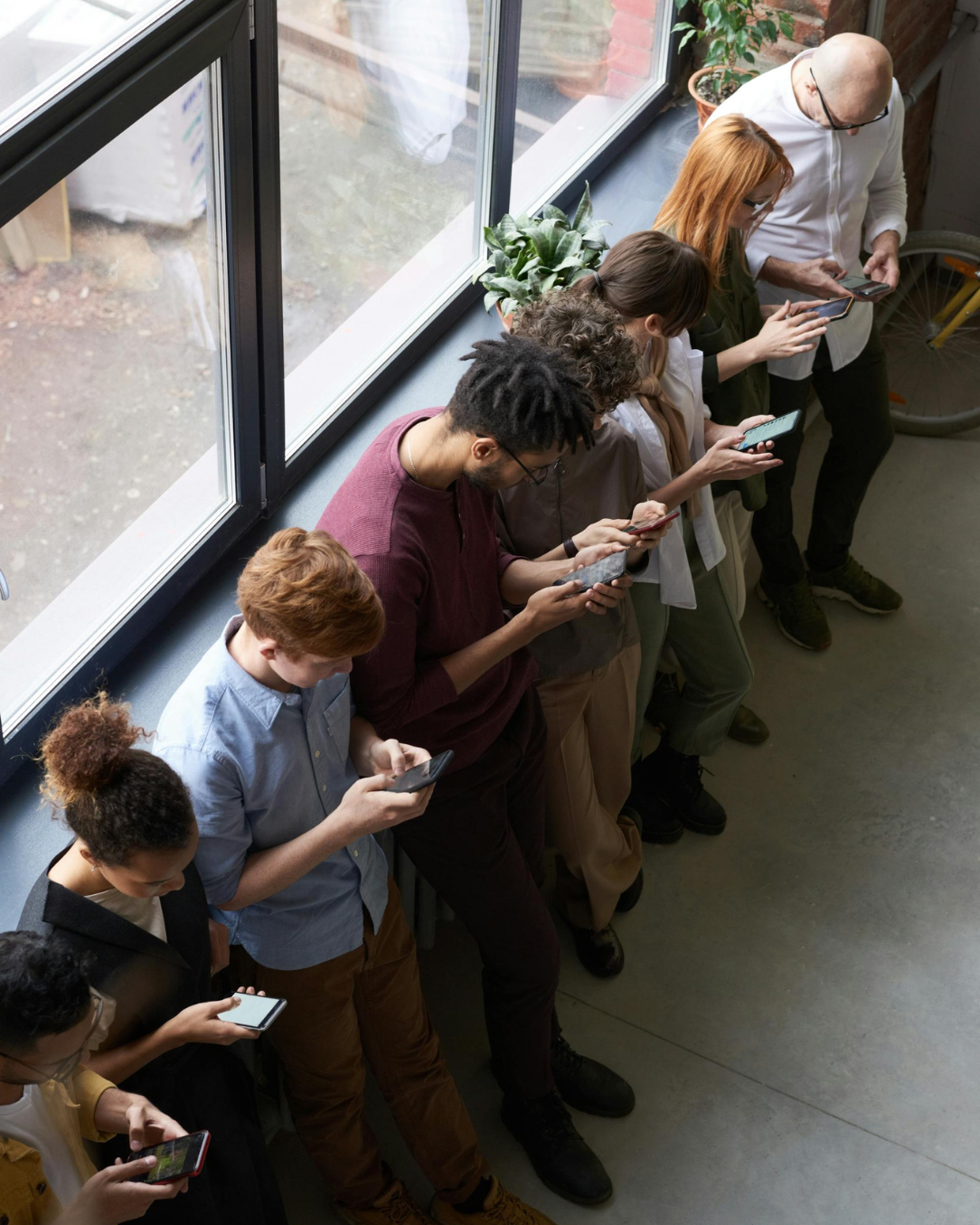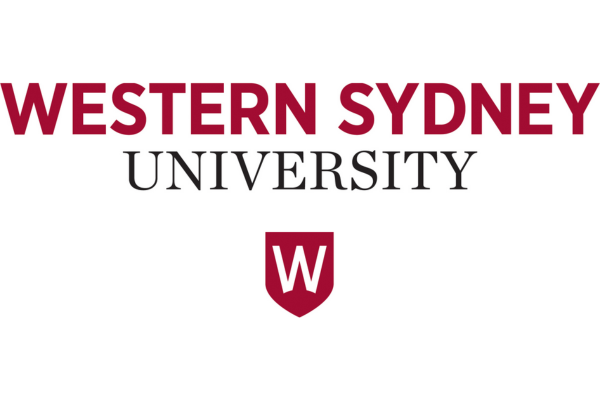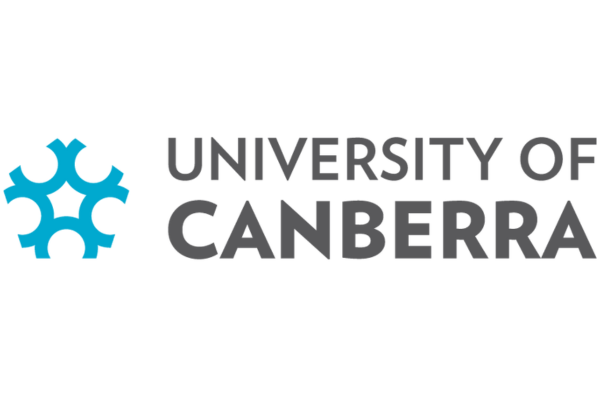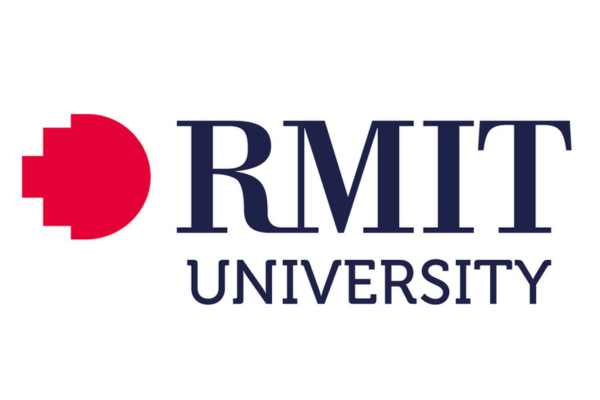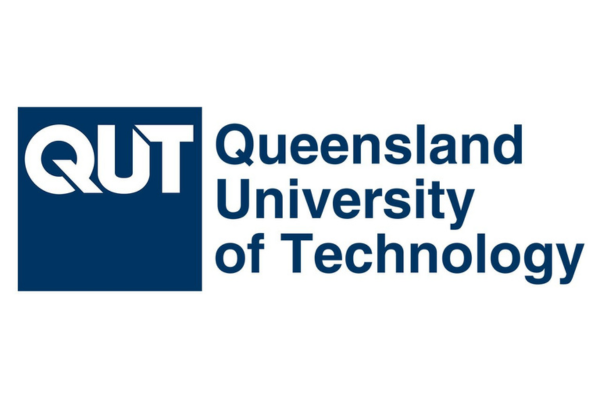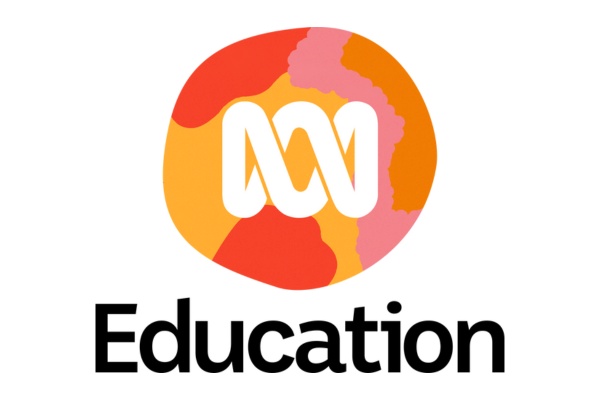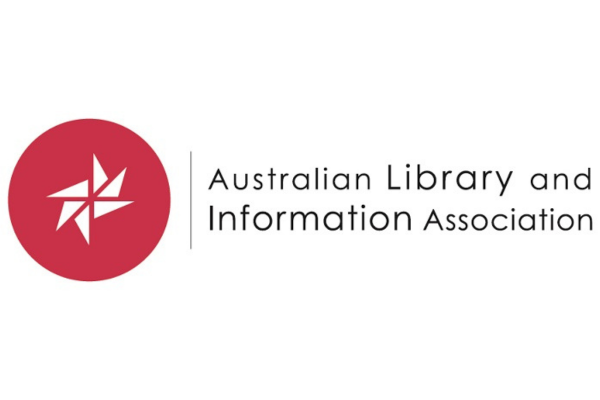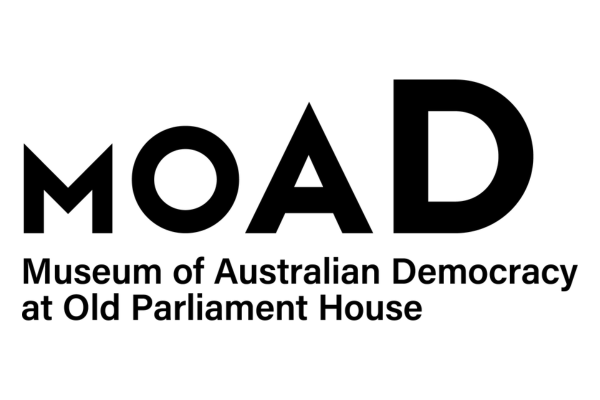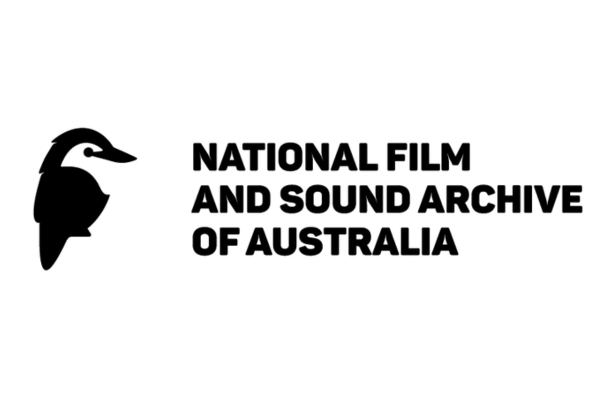You can search for courses, events, people, and anything else.
© Lisa Fotios
About the Project
Misinformation can harm democratic processes, social cohesion and public health outcomes.
While a range of approaches are needed to address misinformation, media literacy is recognised as an essential component of any comprehensive national strategy for combatting misinformation.
This project brings together leading Australian media literacy researchers with four national public cultural institutions to produce high-quality and diverse opportunities to improve adult media literacy in Australia.
Media literacy is the ability to apply critical thinking to digital and non-digital media through analysis, evaluation, and reflection. Increasing people's capacity for critical thinking in relation to their media use increases their ability to detect and avoid misinformation.
However, our research shows that most adult Australians don’t believe they can identify misinformation online and there is an uneven distribution of media abilities across different sociodemographic groups.
Until now, there has been limited research into how Australian citizens respond to potentially harmful misinformation encountered online, or how media literacy interventions can be designed to assist them. This project will address this research gap to respond to the harms caused by misinformation.
The project team will engage in a number of mixed-methods research activities to explore how misinformation and media literacy intersect in the Australian context. These activities include:
- National Survey. The project will investigate the ability of adults to identify and respond to misinformation online using a large activity-based survey, simulating real-life examples. Analysis of respondents socioeconomic and cultural data will help identify the needs and practices of different population groups.
- Diary Study. To further uncover the diverse experiences adults have with misinformation online, the project will invite selected survey respondents to participate in a week-long qualitative diary study, using a mobile app. Data will be analysed using an innovative thematic combined text and visual analysis coding approach.
- Collaborative Model & Toolkit. The project will establish an evidence-based, consistent approach to the production of adult media literacy initiatives, using survey and diary study findings, and addressing previously identified barriers to success. Partners will be supported to develop media literacy interventions using shared goals, processes, practices, agreements, and evaluation frameworks.
- Learning Design Events. Bi-annual immersive partner workshops will be held to aid research advancement and integration and bolster the collaborative planning, implementation, and evaluation of media literacy initiatives. Events will uniquely combine Evidence-Informed and Connected Learning Design Approaches.
- Digital Handbook. 'Using Media Literacy to Combat Misinformation in Australia' will be developed to share project research and adaptable resources to help government agencies, civil society organisations, community groups and broader public cultural institutions address the problem of misinformation.
Funding
This research project is supported by the Australian Government through the Australian Research Council’s Linkage Projects funding scheme (project LP220100208).
Period: 2023 - 2026.
Partner organisations



